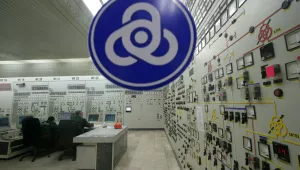
Current Trends and Emerging Challenges
Overview
Corporations, organizations, and even governments are purchasing offsets to reduce their carbon footprint. This policy brief provides an overview of the offset process – who buys them, who produces them, and who certifies them; describes the emerging challenges facing this market; and makes recommendations for the future.
Main Findings
For offsets to address climate change, they must create actual carbon reductions. To do so, offsets should meet the criteria for additionality, permanence, show no leakage, and be verified by a third party. Actually meeting all of these criteria will be very difficult.
While offsets are imperfect, they may be necessary to reach ambitious short-term environmental goals by building temporary bridges to encourage the transition to a decarbonized energy system.
Offsets have the potential to add both environmental and social value. However, companies, institutions, and individuals who turn to offsets should acknowledge their current shortcomings, work to mitigate them by purchasing strictly certified offsets, and ultimately continue seeking ways to further reduce their own emissions rather than relying solely on offsets. The one exception to this rule? Offsets that sustainably remove carbon from the atmosphere and are able to prove that this removal and sequestration is permanent. To achieve this latter goal will require major technical breakthroughs.
Lee, Henry and Abigail Mayer. “The Future of Carbon Offset Markets.” October 22, 2020







